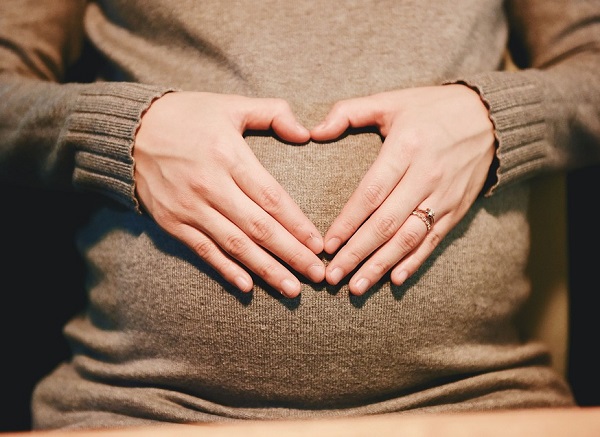Baltimore, MD—In recognition of Maternal Health Awareness Month, the Maryland Department of Health encourages Marylanders to learn the signs and symptoms of common mental health conditions experienced by pregnant women and how to get help for themselves or a loved one.
Maternal mental health conditions are among the most common complications in pregnancy and childbirth and can occur anytime during pregnancy or the first year postpartum. Research suggests that one in five women is affected by maternal mental health conditions such as depression, anxiety disorders, obsessive-compulsive disorder, post-traumatic stress disorder, bipolar illness (which may include psychotic symptoms), and substance use disorders. The most common conditions are perinatal mood and anxiety disorders, including postpartum depression.
This May, MDH encourages pregnant women to plan ahead by learning the symptoms of pregnancy-related mental health conditions and using the available programs and services for help, including:
- Doula Services: A doula, or birth worker, is a trained professional who provides physical, emotional, and informational support to birthing parents. This support can happen before, during, and after birth. If a doula sees symptoms or has concerns that a parent may be struggling with their mental health, they can help parents advocate for their feelings and needs or suggest a referral to an appropriate mental health professional. Doula/birth worker services are free for eligible Medicaid members.
- Home Visiting Services: Home visiting services provide pregnant women with the care and support they need to have a healthy pregnancy and healthy child. After pregnancy, home visitors continue to support the parent and child. Home visiting services are free for eligible Medicaid members.
- Opioid Misuse Program: The Maternal Opioid Misuse (MOM) Model provides extra support for pregnant and postpartum women with opioid use disorder, including screenings for needs related to social determinants of health and maternal anxiety and depression. MOM case management services are free for eligible Medicaid members.
“Ensuring that pregnant women have all the support they need before and after childbirth is critical for countless reasons,” said MDH Secretary Dennis R. Schrader. “Improving maternal health outcomes is one key metric tracked in Maryland’s Total Cost of Care Model, knowledge of and access to these resources is key to this improvement.”
Maternal mental health conditions do not have a single cause. According to the National Institute of Mental Health research, conditions may be caused by a combination of genetic and environmental factors, such as life stress (for example, demands at work or experiences of past trauma), the physical and emotional demands of childbearing and caring for a new baby, and changes in hormones that occur during and after pregnancy.
Signs and symptoms may include one or more of the following:
- Feeling sad or depressed
- Feeling overly irritable or angry with those around you
- Difficulty bonding with baby
- Feeling anxious or panicky
- Having problems with eating or sleeping
- Having upsetting thoughts that you can’t get out of your mind
- Feeling as if you are out of control or “going crazy”
- Feeling like you should never have become a mother
- Worrying that you might hurt your baby or yourself
“People who are pregnant and new mothers should look for signs of depression and be encouraged to share their feelings with their health providers at all stages of pregnancy,” said Behavioral Health Administration Acting Deputy Secretary Dr. Lisa Burgess. “This knowledge and open communication can help reduce pregnancy-related mental health conditions.”
“Maternal mental health issues are serious and affect women experiencing symptoms, their children, their partners, and their communities, added MDH Deputy Secretary for Public Health Dr. Jinlene Chan. “We urge new parents to identify symptoms, seek assistance and gain access to the support and interventions they need.”
If you or someone you know might be experiencing a maternal mental health condition
contact a health professional or Maryland’s helpline by calling 211 and pressing 1, texting 898-211, or visiting https://pressone.211md.org.
For more information about maternal health programs, supports and services, visit https://health.maryland.gov/phpa/mch/Pages/home.aspx.
Photo via Pixabay
Do you value local journalism? Support NottinghamMD.com today.

